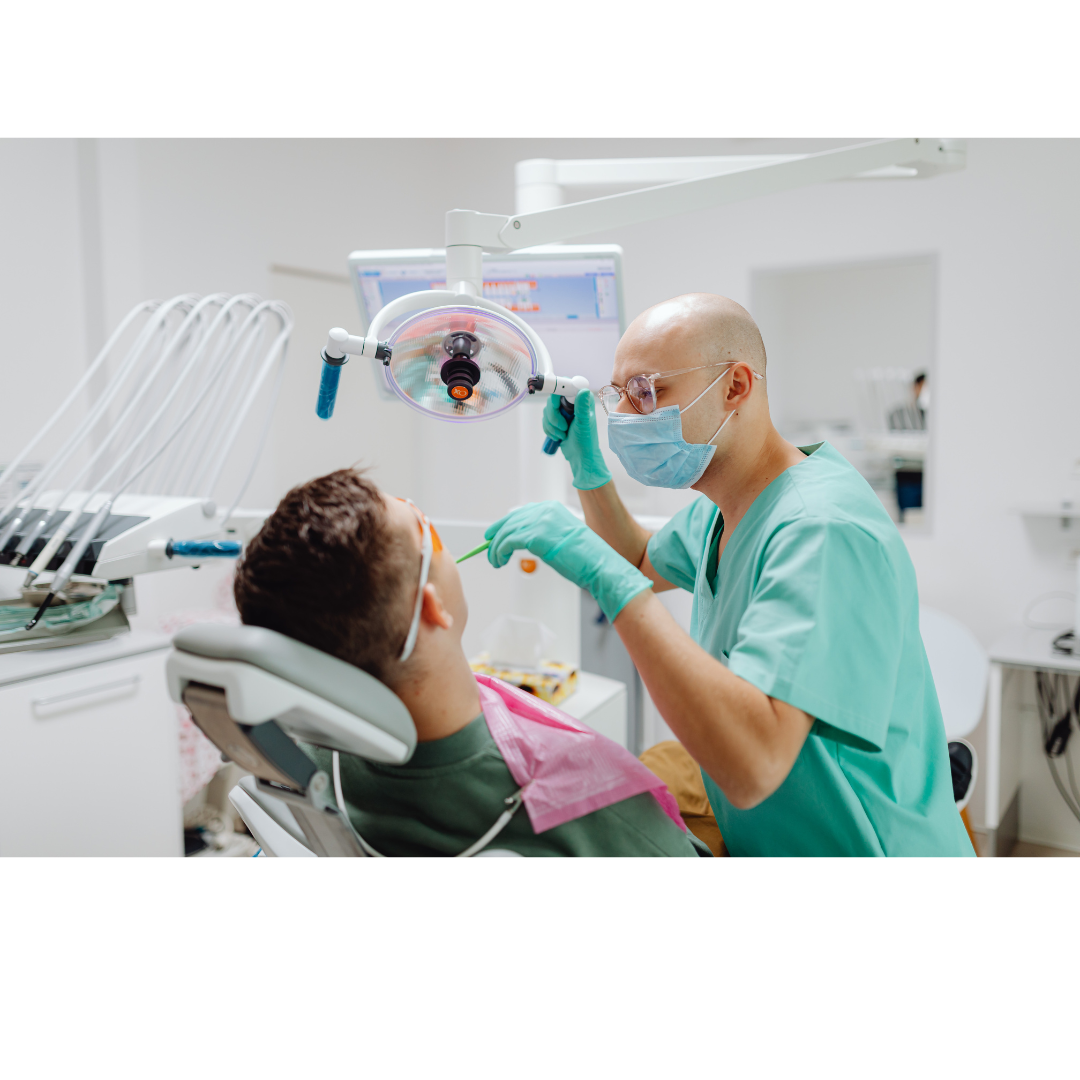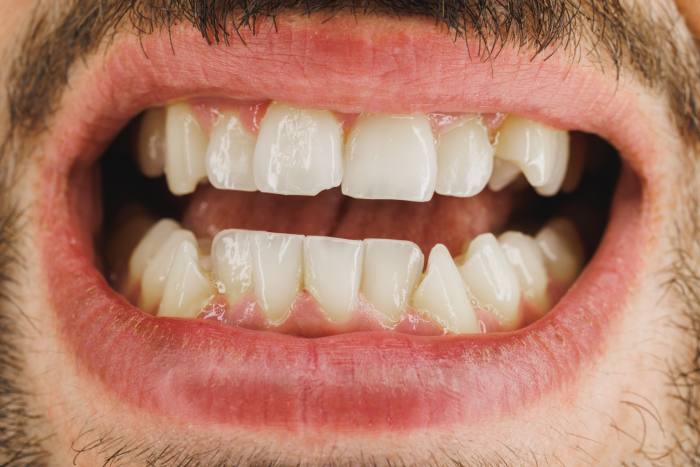Leaving the dentist’s office with a numb mouth is a common experience that can leave you feeling a bit out of sorts. Whether you’ve had a filling, extraction, or another dental procedure, the lingering numbness can be uncomfortable and inconvenient. Understanding why this happens and how to manage it can help you feel more at ease. In this blog, we’ll explore why numbness occurs, common concerns patients have, and practical tips to help you get rid of that numb sensation more quickly.
Why Numbness Occurs After Dental Procedures
Dentists use local anesthetics to numb specific areas of your mouth, ensuring that procedures are as pain-free as possible. These anesthetics block nerve signals in the targeted area, preventing you from feeling pain during the treatment. However, because the anesthetic doesn’t just stop working the moment your procedure ends, you may leave the dentist’s chair with part of your mouth, face, or tongue still numb.
Numbness is a temporary and common side effect of dental anesthesia. The duration of this numbness can vary depending on factors like the type of anesthetic used, the location of the injection, and your individual metabolism.
Common Concerns About Lingering Numbness
After a dental procedure, it’s normal to wonder how long the numbness will last and if there’s anything you can do to speed up the process. Most people experience numbness for a few hours after their procedure, but this can vary. Some patients may find that the numb sensation lingers longer, which can be disconcerting, especially if it interferes with eating, drinking, or speaking.
Natural Process of Numbing Agent Wearing Off:
Gentle Massage of the Area
One way to help the anesthetic wear off faster is to gently massage the affected area. Using clean hands, lightly rub the area around your mouth or cheek where you received the injection. This gentle massage stimulates blood flow to the region, which can help disperse the anesthetic and restore normal sensation more quickly. Just be sure to avoid pressing too hard or massaging for too long, as this can irritate the tissue.
Physical Activity to Increase Blood Flow
Engaging in light physical activity can also promote the return of normal sensation. Activities like walking or gentle stretching can increase your overall blood circulation, helping your body metabolize and eliminate the anesthetic more efficiently. While you don’t need to engage in intense exercise, staying moderately active can make a difference in how quickly the numbness fades.
What to Avoid While Numbness Persists
Hot Foods and Drinks
While your mouth is numb, it’s important to be cautious about what you eat and drink. Avoid consuming hot foods and drinks, as you might not be able to accurately judge temperature, increasing the risk of burns or injuries to your mouth. Instead, opt for lukewarm or cold items until the numbness subsides and you can safely enjoy hot beverages and meals again.
Chewing on the Numb Side
Another key precaution is to avoid chewing on the side of your mouth that is still numb. Without full sensation, it’s easy to accidentally bite your cheek, tongue, or lip, leading to painful injuries. Stick to soft foods that don’t require much chewing, and use the side of your mouth that has regained feeling. Once the numbness wears off, you can return to your normal eating habits.
When to Be Concerned About Prolonged Numbness
Symptoms That May Indicate a Problem
In most cases, post-dental procedure numbness will resolve within a few hours. However, if the numbness persists beyond the expected duration, it could be a sign of an issue. Prolonged numbness, especially when accompanied by other symptoms such as pain, swelling, or discomfort, should not be ignored. These symptoms could indicate nerve damage or other complications that require attention.
Importance of Contacting Your Dentist
If you experience numbness that lasts longer than a few hours or notice other concerning symptoms, it’s important to contact your dentist promptly. Your dentist can assess the situation, determine if there’s an underlying issue, and provide the appropriate guidance or treatment. Don’t hesitate to reach out if something doesn’t feel right—your dentist is there to help ensure your recovery is smooth and comfortable.
Conclusion
Numbness after a dental procedure is typically temporary and not a cause for concern. By following the tips outlined above, such as gentle massage and light physical activity, you can help speed up the return of normal sensation. Additionally, avoiding hot foods and chewing on the numb side can prevent accidental injuries while you wait for the feeling to come back.
At Ames Dentistry, your comfort is our priority. If you have any concerns about prolonged numbness or other post-procedure symptoms, don’t hesitate to reach out. Contact us today to schedule a follow-up or ask any questions you may have. We’re here to ensure you have a positive dental experience every time.








